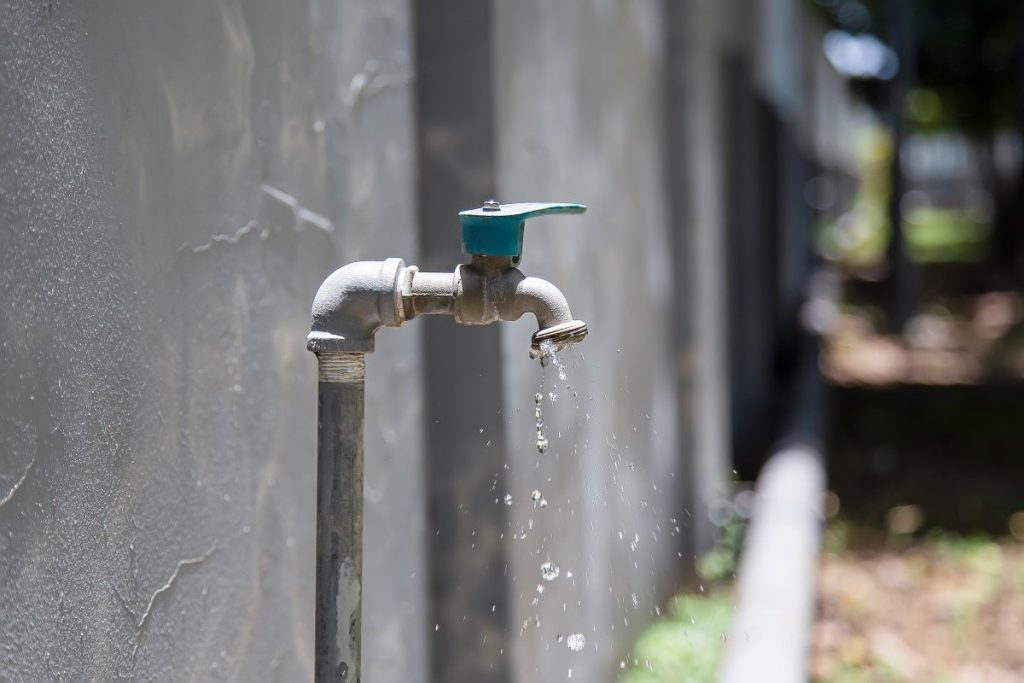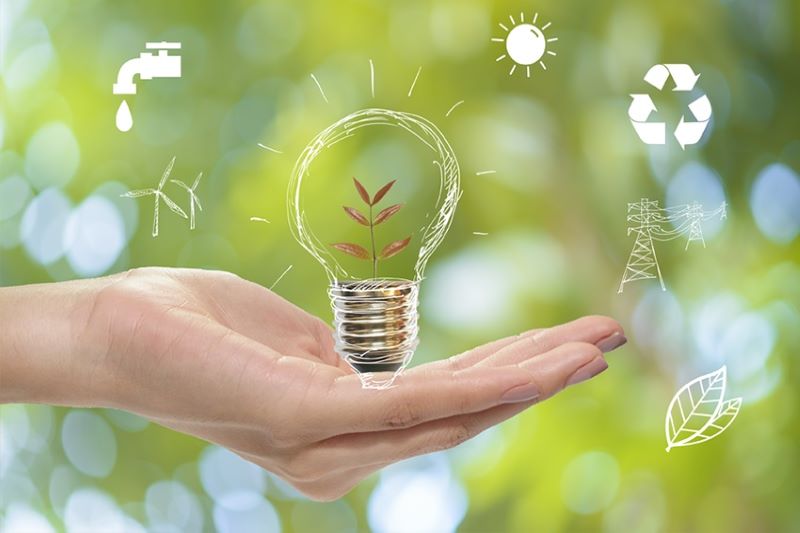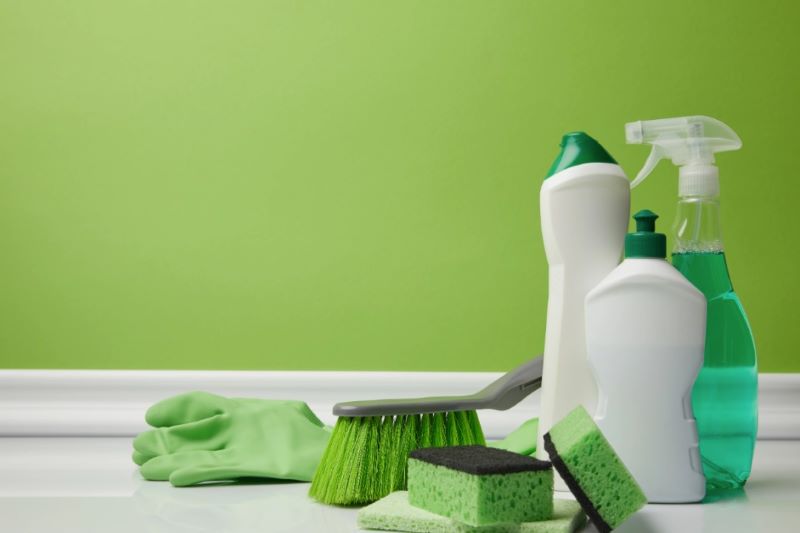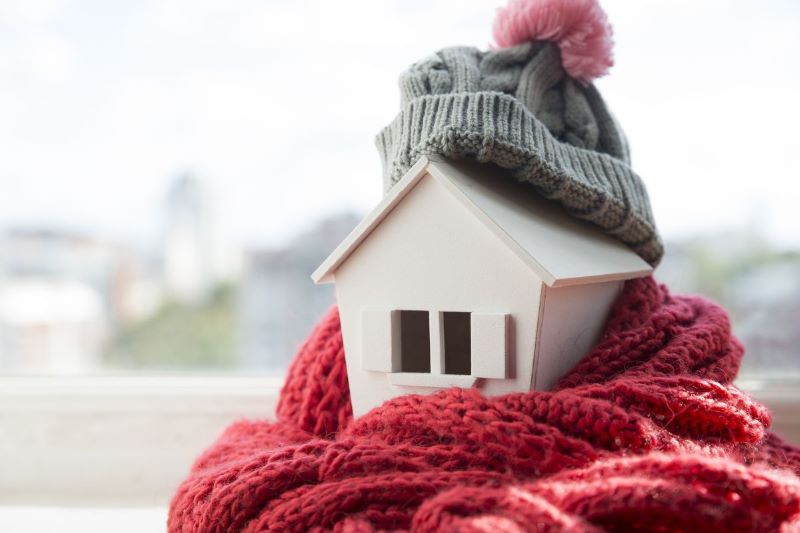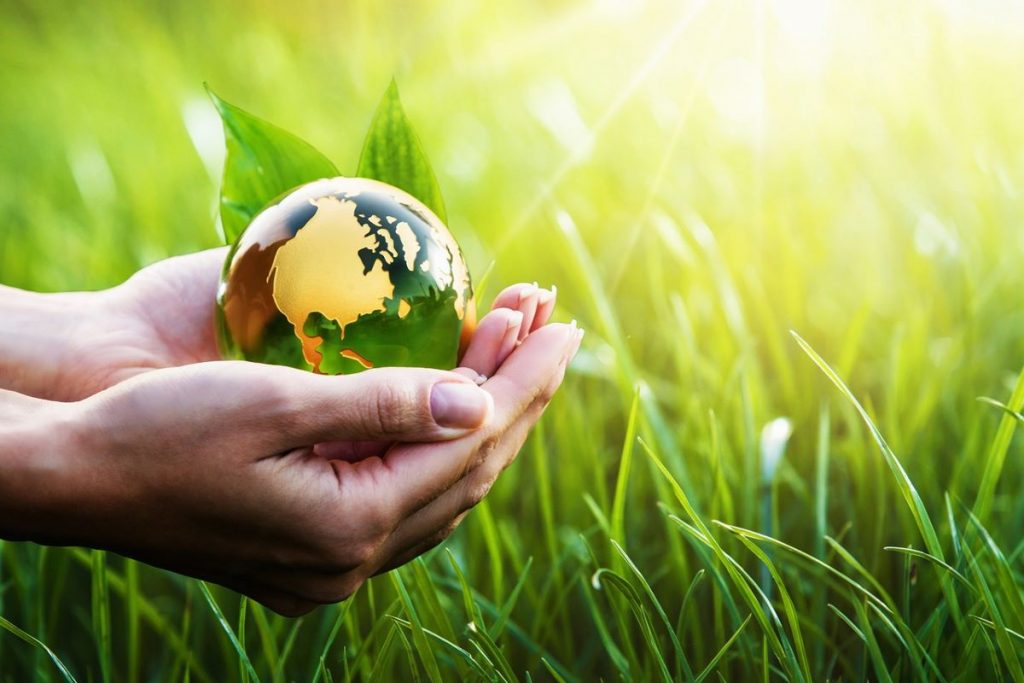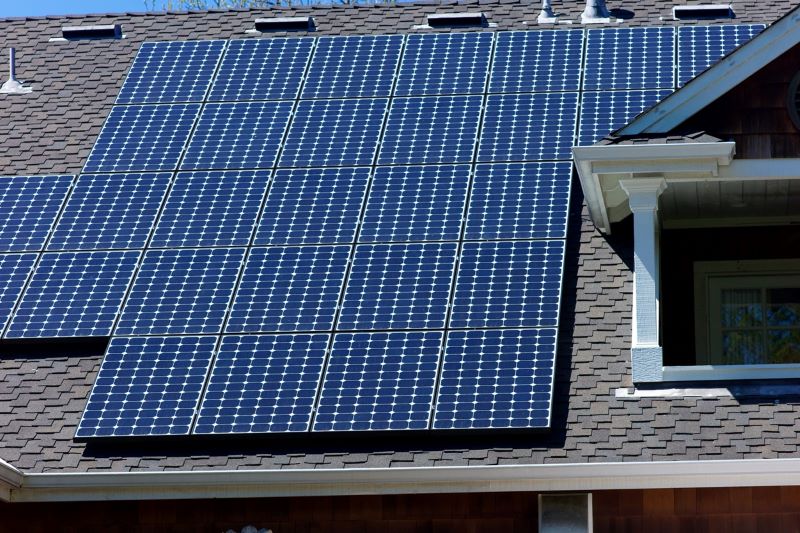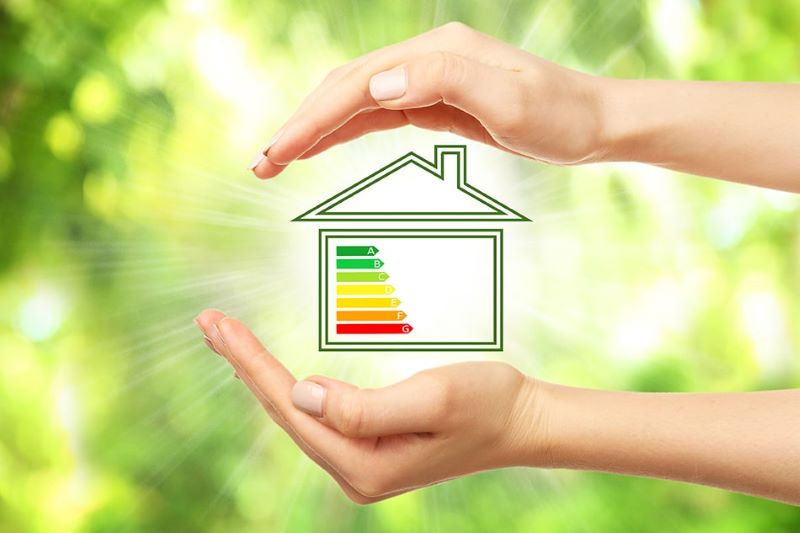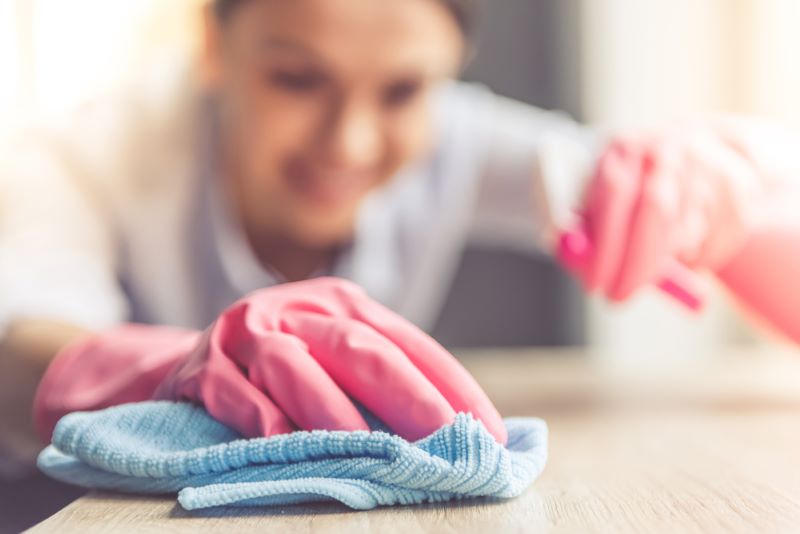Table of Contents
Conserving water can help the environment while also helping you save money each month. A leaky pipe, an inefficient showerhead, or allowing a faucet to run while you’re brushing your teeth can waste thousands of gallons of water per year. Wasting water may be especially detrimental if you live in a desert environment or other areas where it is a limited supply.
How to Save Water While Taking a Shower
Perhaps the easiest way to save water while taking a shower is to cut down on the amount of time you spend getting clean. Medical professionals say that the ideal shower is about five minutes in length, and staying under the water for any longer than that can result in wasted water as well as damaged skin.
You should also consider swapping your current showerhead for one that comes with the WaterSense label. The WaterSense program was created by the Environmental Protection Agency (EPA), and products that meet the program’s requirements may use up to 20% less water than items that don’t.
How to Diagnose and Fix a Leaky Pipe
Depending on where a pipe is located, you may be able to see a hole, crack or other signs of physical damage. If you are unable to inspect a pipe, you may know that a leak is present because water has begun to drip or pool in a certain area of your home. The presence of mold, the odor of mildew or pests that are attracted to water in your home may also indicate that a leak is present. Finally, if you notice that your water meter has moved despite the fact that nothing is running could indicate a problem.
You may be able to fix a damaged pipe by applying electrical tape or foam insulation over the crack. However, if the damage is significant, these may only be temporary fixes until a plumber can come to your property and install a new pipe. A plumber may also have tools that can detect the source of a water leak if you can’t find it yourself. Fixing a problem pipe is important because according to the EPA, leaks can waste more than 9,000 gallons of water annually.
Turn Off the Faucet
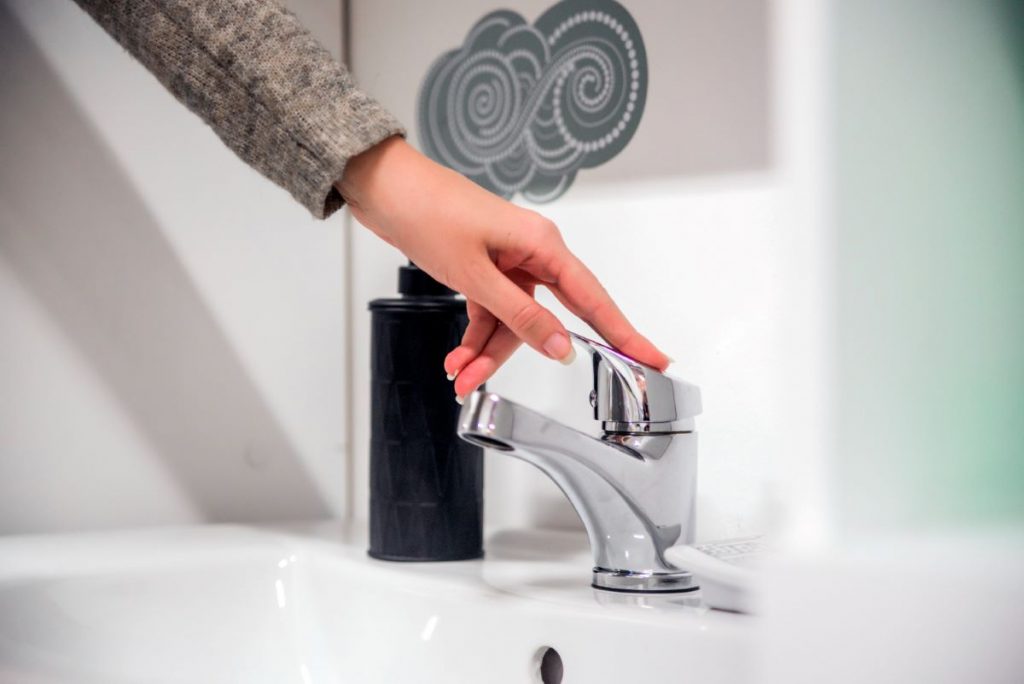
Turning off the faucet is another way to save water that requires minimal effort. All you have to do is not let the water run while brushing your teeth, washing your hands, or performing other basic grooming tasks. If necessary, you can turn the faucet on to get rid of excess toothpaste or soap that makes its way into your mouth or on your hands. It may also be a good idea to have a cup of water that you can use for rinsing purposes while getting ready in the morning or at night.
Repair or Replace Your Appliances
If your dishwasher or clothes washing machine is more than a decade old, it may be in your best interest to replace them. This is because they may be using more water than they should both because of their age and because older machines were designed to be less efficient than those manufactured today.
If you notice that those items are leaking or not draining properly, it may be a good idea to have them inspected. In some cases, a new washer or hose may be able to fix the problem in an affordable and timely manner. However, it may also indicate that you need to replace these components in the near future.
It’s worth noting that the way you use a dishwasher or washing machine may impact its ability to operate efficiently. Ideally, you will not fill them more than their maximum capacity, which should be labeled either on the product itself or noted in the owner’s manual.
Do You Need to Water the Driveway?
Over time, it’s easy for a driveway to acquire a thick layer of dust, pollen, or other types of debris. While it may be tempting to use the pressure washer to get rid of the muck, it may be less wasteful to sweep it away instead simply. You may also be able to do a quality job by using a leaf blower or some other item that can create a strong enough breeze to blow debris back into the grass. These same techniques may also make it possible to clean a patio, brick walkway, or garage floor that has gotten messy.
Cut Back on Watering Plants and Grass
As a homeowner, you likely take pride in your yard’s appearance. Allowing grass to turn brown or plants to wither may make it look like you don’t care about maintaining your property. Fortunately, most grasses and plants are hardier than they are given credit for. Therefore, that brown grass will likely turn green again quickly once it starts to rain again.
If you live in a location that receives relatively little rainfall each year, you may want to look into installing fake turf on your property. Unlike real grass, it doesn’t need water to retain its color, and you also don’t need to use much water to clean or maintain it.
During periods of extremely dry weather, you can water plants sporadically using a can instead of doing so directly from the hose. This helps to ensure that you are using water strategically while it is at its most scarce.
Summary
A few small changes to your daily routine may make it much easier to maintain your home and preserve a scarce and important resource. Documentaries such as “Last Call at the Oasis” playing on Prime Video (try Prime for free on HotDog.com) highlight the critical role that water plays in our lives. It may be possible to have an energy or water usage audit conducted to determine the specific actions that you might be able to take to make your house more efficient. You may also be able to keep an informal log of how much water your home uses to determine the best ways to cut back.
